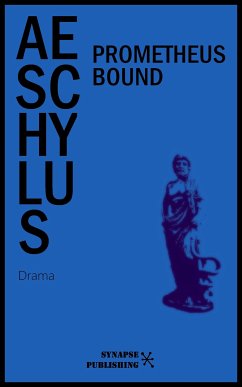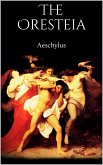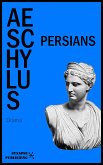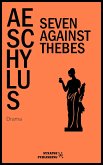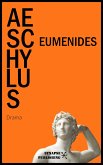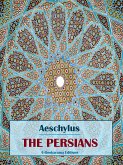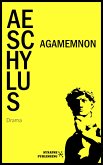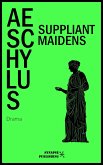Kratos (Strength), Bia (violence), and the smith-god Hephaestus chain the Titan Prometheus to a mountain in the Caucasus. Prometheus is being punished not only for stealing fire, but also for thwarting Zeus's plan to obliterate the human race. This punishment is especially galling since Prometheus was instrumental in Zeus's victory in the Titanomachy. Prometheus Bound enjoyed a measure of popularity in antiquity and Aeschylus was very popular in Athens decades after his death. In the early 19th century, the Romantic writers came to identify with the defiant Prometheus. Johann Wolfgang von Goethe wrote a poem on the theme, as did Lord Byron. Percy Bysshe Shelley wrote a play, Prometheus Unbound, which used some of the materials of the play as a vehicle for Shelley's own vision.
Unabridged edition with an interactive table of contents.
Unabridged edition with an interactive table of contents.

